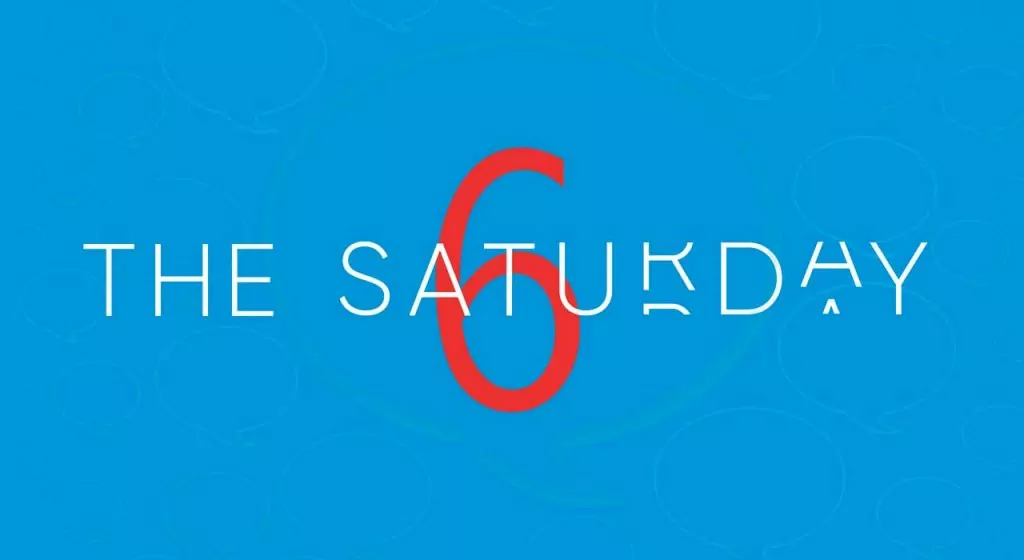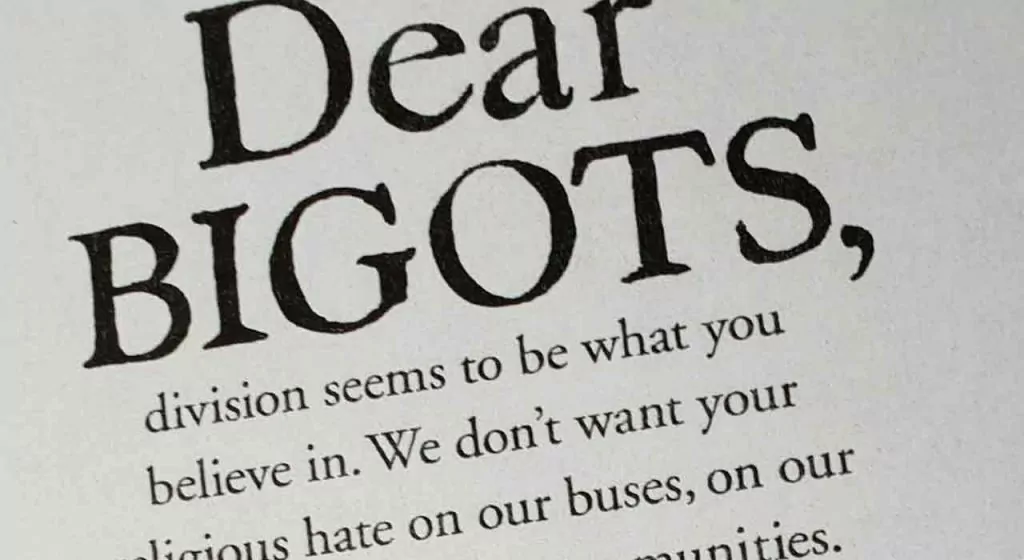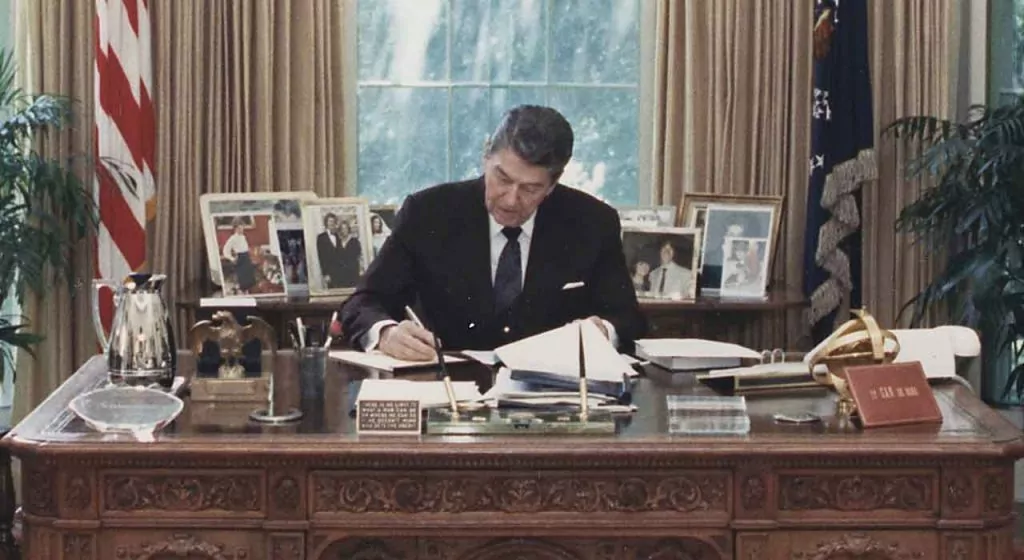Justin Trudeau, and what the need for two witnesses would have us do
On August 4, 2000, the 28-year-old Justin Trudeau was in Creston, BC to have fun at a festival put on by a beer company. Ten days later an editorial appeared in the local newspaper, the Creston Valley Advance, alleging that Trudeau had groped reporter Rose Knight and then offered this apology: “I’m sorry. If I had known you were reporting for a national paper, I never would have been so forward.”
On June 6, 2018, eighteen years later, the allegations resurfaced when commentator and former Liberal Party strategist Warren Kinsella shared a clipping of the old editorial on his twitter account and later on his blog.
Will the PM apply the same standard?
Why was Kinsella bringing this up now? He wanted to know if Prime Minister Trudeau was going to treat this allegation with the same zero-tolerance approach he’d been using with other Liberals MPs. Since 2014, he has expelled two MPs from caucus, and accepted the resignation of a third from caucus, and a fourth from Cabinet, when they were faced with allegations of sexual harassment. In the most recent instance, Kent Hehr had been the Minister of Sports and Persons with Disabilities until he was accused of sexual harassment earlier this year. A day after the allegation – made via tweet – and before an investigation was conducted, the Prime Minister accepted Hehr’s resignation from his Cabinet post. Kinsella wanted to know “If what Kent Hehr did resulted in him being considered unfit for Cabinet, is Justin Trudeau similarly unfit?” He concluded his blog post with this question “Why aren’t you facing the same fate Kent Hehr did?”
A confusing answer
In responding to the allegations, the Prime Minister noted this event occurred long ago and stated “I am confident I did not act inappropriately.” But he went on to add that “often a man experiences an interaction as benign, or not inappropriate, and a woman, particularly in a professional context, can experience it differently.”
Was Trudeau saying he was innocent? Yes. So the reporter had wrongfully accused him? Well, no, he wasn’t going to say that.
To understand Trudeau’s answer we have to view it in light of the #MeToo movement that sprang up late last year. The movement started when, over the course of October and November, over one hundred women came forward to accuse one of Hollywood’s most powerful men, Harvey Weinstein, of sexual assault or sexual harassment. The #MeToo hashtag went viral when it was used by many others stars to make allegations against other powerful entertainment figures. It was no shock, to Christians, that in an industry that exploits women’s sexuality onscreen, women would be exploited off screen too. We could cheer as, one after another, sexual predators were being exposed.
The wrong solution
But the #MeToo movement wasn’t anchored to a Christian idea of justice, and without that foundation, it couldn’t provide the right sort of correction. Soon demands were made for the accuser to always be believed. It was said that in a he said/she said situation, the accuser is less powerful so we should presume they are telling the truth because their risks in speaking out are great and they don’t have much to gain in reporting. Trudeau echoed this position in January shortly after the allegations against Kent Hehr were made. He told the World Economic Forum that when women bring forward accusations “it is our responsibility to listen and more importantly to believe.”
This is why Hehr had to resign, even before an investigation. It’s also why Trudeau was so hesitant to say his accuser was wrong. Because the accuser must be believed.
Point people to the answer
So is Trudeau hypocritical for disciplining others facing allegations, and not resigning himself now? Maybe. But that’s not the point we should be making here. The very different lesson that needs to be learned here is that the standard Trudeau applied to others – always believing the accuser – is one that shouldn’t be applied to anyone (Matt. 7:2).
To be clear, I'm not trying to argue that Trudeau is innocent of what’s been alleged. The point is, unless another eyewitness comes forward, we can’t know...so we shouldn’t find him guilty.
After all, false accusers do exist. As Douglas Wilson noted Thou shall not bear false witness against your neighbor is in the Ten Commandments for a reason. This is a common sin – it's not like it only happens "every 25 years or so."
So we need a better standard to guide us – we need God’s standard. And in Deut. 19:15 He tells us how to proceed:
One witness shall not rise against a man concerning any iniquity or any sin that he commits; by the mouth of two or three witnesses the matter shall be established.”
In other words, we aren’t even to entertain allegations made by just one accuser.
But what of the women who are exploited and harassed away from any witnesses? It’s only when we understand that the guilty, in such circumstances, can’t be punished that we will understand what sort of societal changes need to be made. What we need is to demand less privacy, and bring in more light. As Jesus says in John 3:20-21:
Everyone who does evil hates the light, and will not come into the light for fear that their deeds will be exposed. But whoever lives by the truth comes into the light, so that it may be seen plainly that what they have done has been done in the sight of God.
And like any needed change, God’s people can model it first. So what would loving the light look like? We can see it in structural changes like how, in new schools, the offices now include one wall made entirely of glass. The school counselor or principal can still meet with a student behind a closed door but they are in full view of any number of passersby. In professional settings meetings can take place in public areas, or in an office with the door open. And if ever we get a Christian movie mogul he should invite a star’s agent to accompany the star for any meeting. This isn’t a full-blown Billy Graham rule but if sexual exploitation is as common as the aftermath of the #MeToo movement has made it seem to be, then there is good reason for this move towards more accountability and less privacy.
Does that mean we’re letting Trudeau off the hook? Yes, because he should never have been on the hook in the first place. While God knows what did or didn’t happen, until and unless a second witness is found we can’t know, so we mustn’t judge.
ADDENDUM
After this article was published online, a number of issues were raised that need to be addressed.
What might a second witness be?
Some readers noted that evidence can serve as a witness: (DNA, security camera footage, electronic banking records, self-incrimination, etc.). That’s a good outworking of the biblical principle requiring multiple witnesses. Now, what sort of evidence rises to the level of being a second witness? For guidance on this point we can ask whether we would be satisfied if such evidence was used as proof against us (Matt. 7:1-2 & Matt. 7:12).
The consistory is not the police
A concern was expressed that this article might encourage church consistories not to go to the police unless there are two witnesses when members come to them with allegations of sexual abuse.
To be clear, the government, and not the church, is tasked by God to deal with crime (1 Peter 2:13-17). So if a crime is alleged, then church leaders must report it to the authorities.
The issue of abuse and how to prevent it, and expose it, is a complex one, so it’s worth noting that this article has a limited focus. I am asking what Deut. 19:15’s two or three witness requirement would have us do in the context of the public debate about the allegation against Trudeau. As citizens of democracy, we have a say in the laws that the police administer, and we have a role in the public debate. So what direction should we give the world about the sort of laws we should have? And, just as important, what sort of rules of business etiquette can we encourage? One possibility: it should be seen as inappropriate/creepy for the powerful to invite the vulnerable to have business meetings alone in their hotel rooms.
What about abusive marriages?
Some wondered, if this two-witness requirement was followed, whether it could make it difficult to get out of an abusive marriage. A particularly manipulative spouse might only be abusive when no one else is around to see it. The elders have to report any criminal abuse allegations to the police, but they do have a role in counseling. So if a wife claims abuse, should church leaders required two witnesses before they’d approve of a divorce?
My article doesn’t touch on how elders should apply Deut. 19:15, but this is a pressing question that needs an answer. Douglas Wilson digs further into God’s Word to addresses it in his article, “On a wife deciding to leave her husband” to explain that while two witnesses are needed to prove abuse, the same isn’t required to flee such abuse....


















